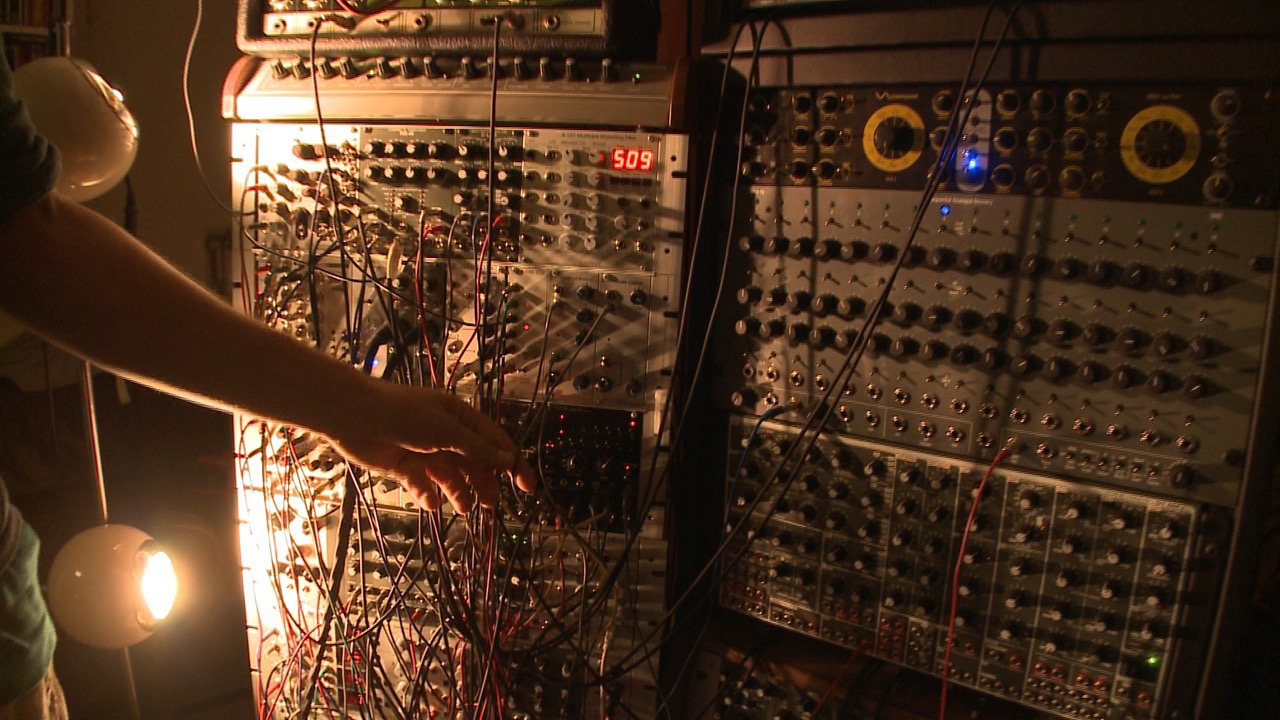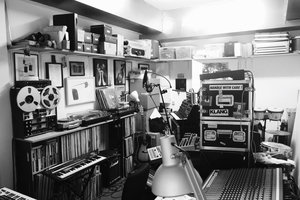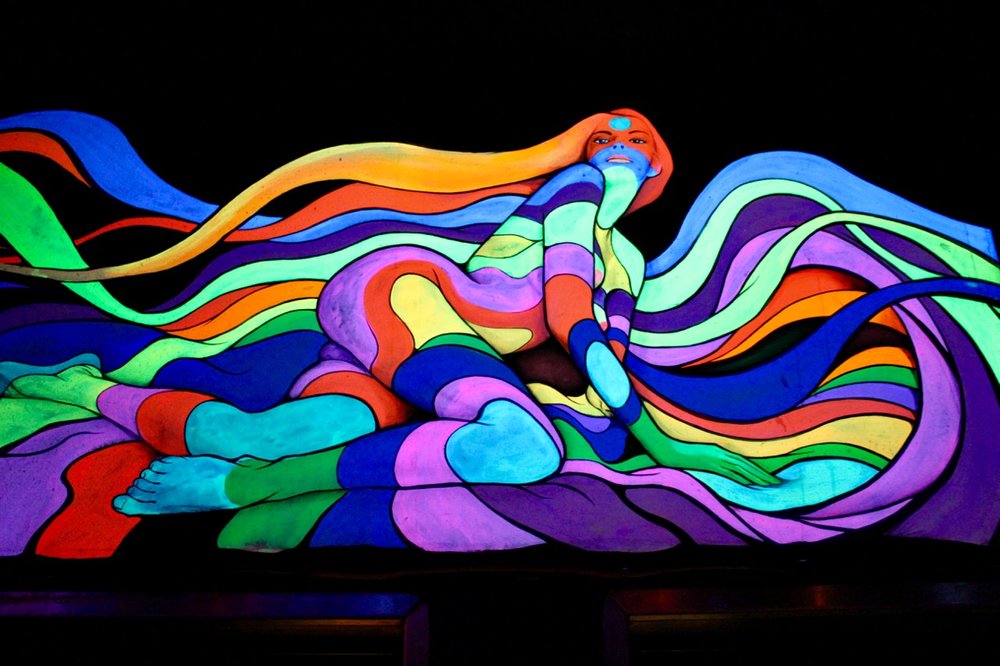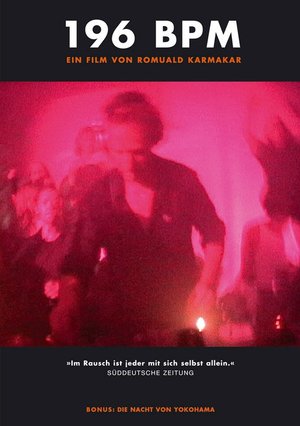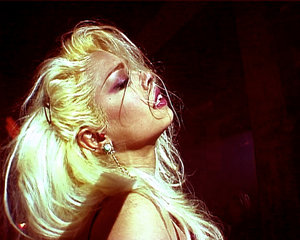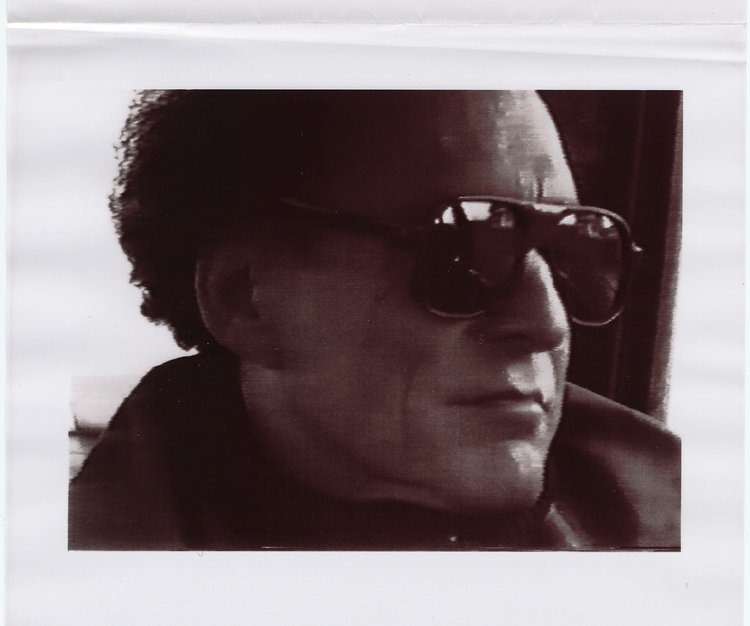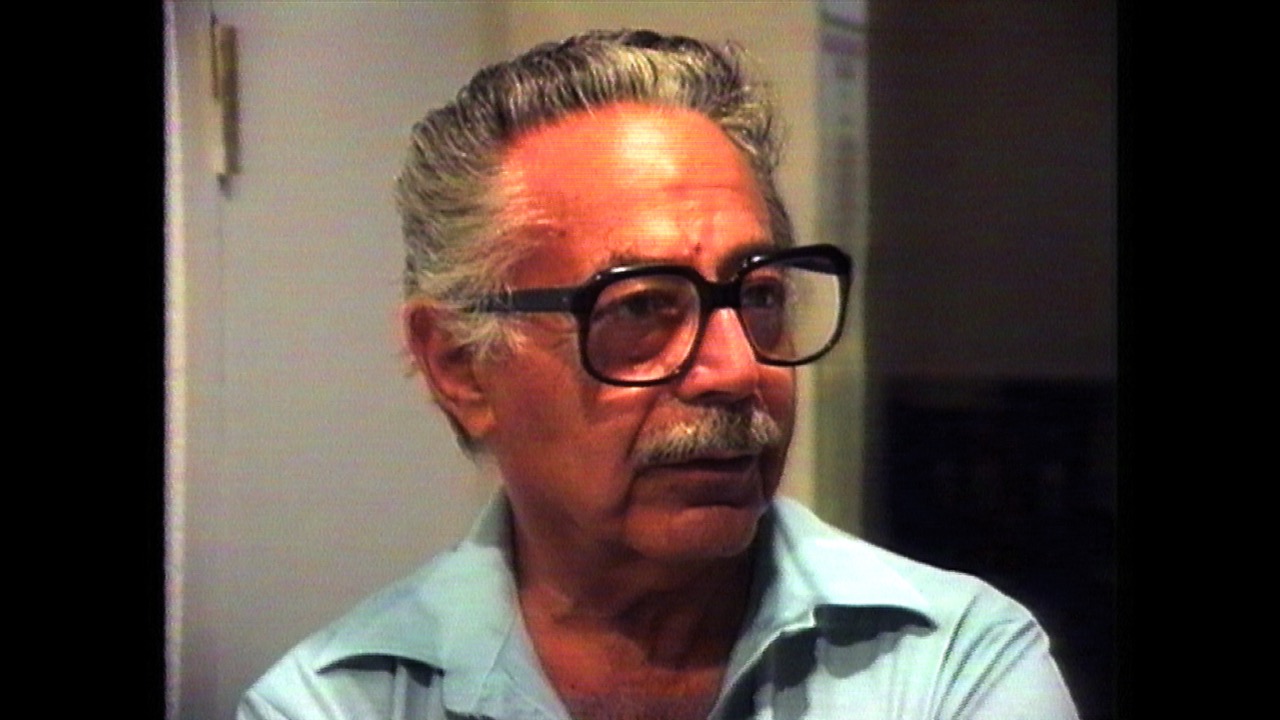VILLALOBOS
Deutschland 2009, 110 Min.
Cast: Ricardo Villalobos
Regie, Produzent: Romuald Karmakar
Kamera: Benedict Neuenfels, Romuald Karmakar, Katja Sambeth
Kamera-Assistenz: Romy Kaa
Loader: Dominik Siegmund
Runner: Sharon Ryba-Kahn
Schnitt: Karin Nowarra, Robert Thomann
Ton: Marco Krüger, Frank Hellwig, Katrin Berk
Mischung: Matthias Lempert
Technical Supervisor: Frank Hellwig
Color Grading: Jakob Wehrmann
DCP: Johann Hohenwarter
Sound Support: Frank Kruse
Artistic Support: Matthias Hafner
Webmaster: Frederik Birth
Produktion: Pantera Film GmbH
Team 24hBerlin: Thomas Kufus, Mathias Schwerbrock, Ann Carolin Renninger, Simone Arndt
Drehorte: Berlin: Berghain (Panorama Bar), Bar 25. Ibiza: Amnesia (Cocoon Club), Privilege. Barcelona: Sonar 2006
Bild/Ton: Video, 16:9, Farbe, Dolby
WP: Venice Int. Film Festival, Orizzonti, 2009
DEAR VISITORS!
For copyright issues there has never been a commercial release of this film. Therefore no DVDs or copies of this film can be purchased or were purchasable at any time. Further, no copies of this film can be purchased behind the lines as birthday or X-mas presents, and no stream of this work exists. Last, Ricardo Villalobos is not against the release of this film.
We kindly ask you not to send any further mails on this issue!
Best, PANTERA FILM
NEWS
SYNOPSIS / D
Wie denkt und hört Ricardo Villalobos, einer der wichtigsten DJs der elektronischen Musik? Wie kommen Herbert von Karajan und die Hörner von Mussorgsky in das Studio des chilenischen Musikers aus Darmstadt? Was passiert mit seinen Modulen und Maschinen, wenn sie längst abgeschaltet sind? Wie reagieren die Menschen auf seine Auflegekunst im Berliner Berghain, dem Technotempel der Gegenwart? Was wollen die Menschen auf den internationalen Bühnen von Ibiza für ihr Geld? Haben wir eigentlich mehr Sex als unsere Eltern? Und wie gehen wir um mit der Macht unseres Glücks?
Nach seinen Filmen 196 BPM (Berlinale 2003) und BETWEEN THE DEVIL AND THE WIDE BLUE SEA (Locarno 2006), ist VILLALOBOS der letzte Teil einer freien Trilogie, die sich mit Aspekten der elektronischen Musik und der Club-Kultur in der ersten Dekade unseres neuen Jahrhunderts beschäftigt. Zusammen mit den Filmen DENK ICH AN DEUTSCHLAND IN DER NACHT (Berlinale 2017) sowie THE DISSIDENTS – KIRSTEN KRÜGER / KITKATCLUB BERLIN (Aarhus European Cultural City 2017) wurde mittlerweile aus der Trilogie ein “Club Quintett”.
SYNOPSIS / E
How does Ricardo Villalobos, internationally one of the most acclaimed DJs of electronic music, think? How does he hear? How do Herbert von Karajan and Mussorgsky’s horns end up in the studio of this Chilean musician from Darmstadt, Germany? What happens inside his machines and modules long after they are switched off? How do people react to his art of DJ-ing at Berlin’s famous club Berghain, the temple of techno? What do people expect for their money when they go to the international stages of Ibiza? Do we actually have more sex than our parents? And how do we handle the power of our luck?
After his films 196 BPM (Berlinale 2003) and BETWEEN THE DEVIL AND THE WIDE BLUE SEA (Locarno 2005), VILLALOBOS is the last part of a free trilogy about aspects of electronic music and club culture in the first decade of our new century.
DIRECTOR'S COMMENT / D
2004 habe ich Ricardo Villalobos zum ersten Mal live als DJ erlebt. Er spielte unfassbar lange Stücke, die nicht nur tausende Menschen im Club, sondern auch ihn in eine andere Zeitzone katapultierten. Was wir hörten, lebte er mit einer Leidenschaft, die wie ein nicht müde werdender Aufruf wirkte, sich mit allen Mitteln gegen die Reduktion unseres Lebens auf die Struktur und die Zeiteinheit von Pop-Songs zu wehren. Aus einer Sekunde eine völlig andere Geschichte zu machen, das ist seine Kunst, der ich nachgehen wollte. – Romuald Karmakar, 2009
DIRECTOR'S COMMENT / E
My first live experience of Ricardo Villalobos as a DJ was in 2004. He played incredibly long tracks that catapulted not only thousands of people in the club, but also himself, into another time zone. He lived with a passion what we could hear, a kind of tireless call to defend by all means necessary, the reduction of our lives to the mere structure and beat of pop songs. To transform one second into a completely different story, that’s his art that I wanted to track. – Romuald Karmakar, 2009





